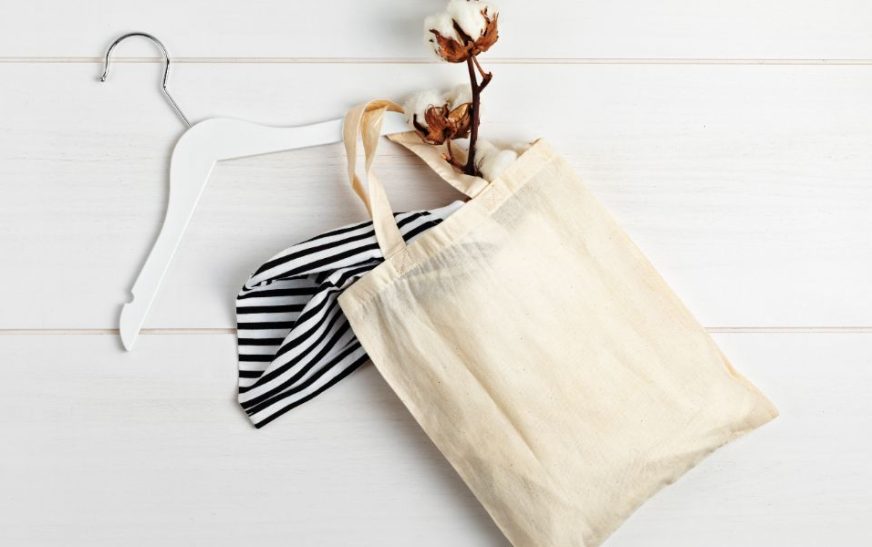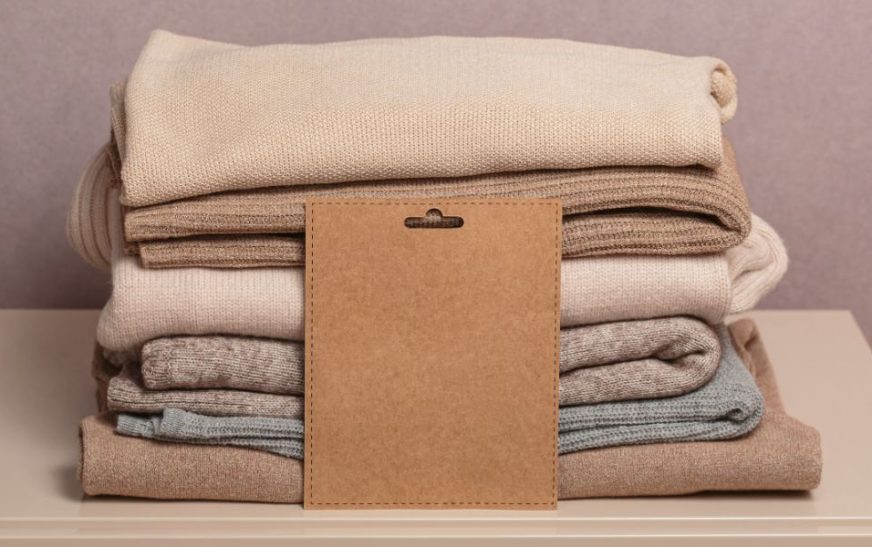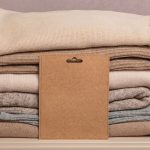In a world where fashion trends change faster than the seasons, sustainable style is the timeless choice that not only complements your wardrobe but also helps save our planet. This blog will unravel the world of ethical fashion, exploring the significance of ethical brands, and shedding light on why ethical fashion is crucial for a sustainable future.
What is Ethical Fashion?
Ethical fashion, simply put, is clothing and accessories made in a way that is kind to both people and the planet. It encompasses an array of principles, including fair wages, safe working conditions, and eco-friendly production processes. In essence, it’s a holistic approach to fashion that seeks to minimize harm and maximize benefits.
The Rise of Ethical Brands
The fashion industry is undergoing a transformative shift as more and more brands embrace ethical practices. These visionary companies prioritize sustainability and social responsibility. They source materials responsibly, reduce waste, and support local communities. By choosing ethical brands, consumers play a pivotal role in encouraging a greener and more equitable industry.
Why is Ethical Fashion Important?
Environmental Impact: The fashion industry is one of the world’s largest polluters. Ethical fashion seeks to change that by reducing the carbon footprint, conserving water, and using sustainable materials.
Empowering Communities: Ethical fashion fosters fair labor practices, providing workers with better wages and working conditions. It empowers individuals and communities, helping break the cycle of poverty.
Quality Over Quantity: Ethical fashion encourages buying fewer, high-quality pieces that stand the test of time. This shift in consumer behavior minimizes waste and supports sustainable production.
Setting an Example: By choosing ethical fashion, you set an example for others and inspire a positive change in the industry. It’s a ripple effect that starts with you.
Future Generations: Ultimately, ethical fashion is an investment in a cleaner, fairer, and more sustainable world for future generations.
Sustainable Materials: A Closer Look
Organic Cotton: Grown without harmful chemicals, organic cotton reduces soil and water pollution.
Recycled Fabrics: Reusing materials like PET bottles or discarded textiles lessens the burden on landfills.
Tencel: Made from sustainably sourced wood pulp, Tencel is biodegradable and requires less water for production.
Hemp: A versatile and durable material, hemp grows quickly without the need for pesticides.
Ethical Fashion in Practice
Transparency: Ethical brands openly share their supply chain and production processes, allowing consumers to make informed choices.
Fair Wages: Workers are paid fairly, ensuring better living standards and economic stability.
Safe Working Conditions: Ethical brands prioritize worker safety, reducing the risk of accidents and health issues.
Zero Waste: These brands work towards zero waste production, recycling or upcycling excess materials.
Final Words
Sustainable style is not just a trend; it’s a movement towards a more compassionate and sustainable world. Embracing ethical fashion is a choice that allows you to express your style while contributing to positive global change. Let your wardrobe reflect your values and be a part of the solution. Together, we can create a fashion industry that respects people and the planet.
Commonly Asked Questions
1. What makes a fashion brand truly ethical?
An ethical fashion brand prioritizes fair wages, safe working conditions, sustainable materials, and transparency in its operations.
2. Is ethical fashion more expensive?
While some ethical fashion items may have a higher upfront cost, they often last longer and provide better value for your money.
3. How can I support ethical fashion on a budget?
Look for sales, second-hand options, and consider buying fewer, high-quality pieces.
4. Can ethical fashion really make a difference?
Yes, every ethical purchase supports a more sustainable and fair fashion industry, which, collectively, can create a significant impact.
5. Where can I find ethical fashion brands?
Many ethical brands have online stores, and there are also boutiques and marketplaces that focus exclusively on sustainable fashion.


























